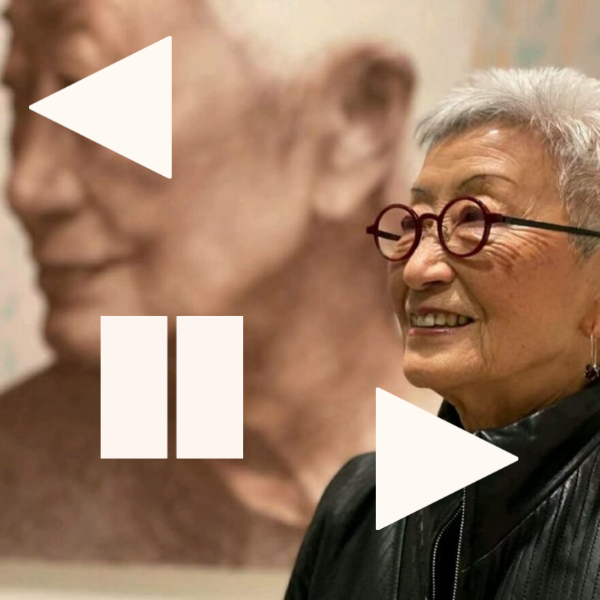Fellows
A vibrant community of experts and leaders elected for their outstanding contribution to the humanities and to the cultural life of the nation
How Fellows are elected
New Fellows are nominated by existing Fellows through our Sections (or by Council members for Honorary and Corresponding Fellows) and elected annually through a rigorous peer assessment process. Self-nominations and nominations from outside the Fellowship are not accepted.
The election process differs depending on the category of Fellowship for which the candidate is nominated:
- Candidates for Fellow undergo a rigorous two-stage election process, with the final voting at the Annual General Meeting each November.
- Candidates for Honorary and Corresponding Fellow proceed to the final stage of voting at the Annual General Meeting once agreed by Council.
Once elected, all Fellows use the post-nominal of FAHA.
Categories of Fellowship

Fellow
Fellows are elected in recognition of the excellence and impact of their scholarship in the Humanities.
Honorary Fellow
Honorary Fellows are elected in recognition of their significant contribution to the Humanities and the arts, and to Australian cultural life. They’re often practitioners of the arts, distinguished public figures who advocate for the humanities, or those who have promoted or advanced the causes for which the Academy was founded.
Corresponding Fellow
Corresponding Fellows are elected in recognition of their outstanding contribution in a humanities discipline, but not usually residing in Australia
Our Sections
The Academy represents eleven fields of humanities research and teaching, which form the basis of our Sections. The role of the Sections is to provide advice to the Council about their discipline and other matters of interest or concern to the Fellowship.
The Sections are also central to nominating and electing new Fellows to the Academy through our annual election. Each Fellow with voting rights is a member of at least one Section within their area(s) of expertise.
Archaeology
The systematic study of the human past through the recovery and analysis of material remains.
Head of Section
Emeritus Professor David Frankel FAHA
Asian Studies
The study of Asian languages, cultures and societies.
Head of Section
Associate Professor Michael Barr FAHA
Classical Studies
The study of the languages, literature, thought, history, art and civilisations of the ancient Mediterranean world.
Head of Section
Dr Julia Kindt FAHA
Cultural & Communication Studies
The study of cultural practices and communications media in their social and political contexts.
Head of Section
Distinguished Professor Julian Thomas FAHA
English
The study, evaluation, and interpretation of literature in the English language in its cultural and historical context.
Head of Section
Professor Helen Groth FAHA
European Languages & Cultures
The study of European languages, cultures, people and heritage.
Head of Section
Professor Yixu Lu FAHA
History
The study of past events relating to places, peoples and individuals.
Head of Section
Professor Susan Broomhall FAHA
Indigenous Studies
Newly established Section in 2024.
Head of Section
Associate Professor Shino Konishi FAHA
Linguistics
The systematic study of the world’s languages in their many aspects, including sounds, words and grammar, and the relation of language to culture and society.
Head of Section
Professor Lesley Stirling FAHA
Philosophy & History of Ideas
The study of ultimate reality, the source of value, and limits of knowledge as well as the change of human ideas over time.
Head of Section
Professor Garrett Cullity FAHA
Religion
The study of the world’s religions: their histories, beliefs, rituals, texts and institutions.
Head of Section
Professor Bronwen Neil FAHA
The Arts
The study of the traditions and practices of the creative and performing arts including painting and visual art, architecture, music, theatre, and dance.
Head of Section
Distinguished Professor Peter McNeil FAHA

